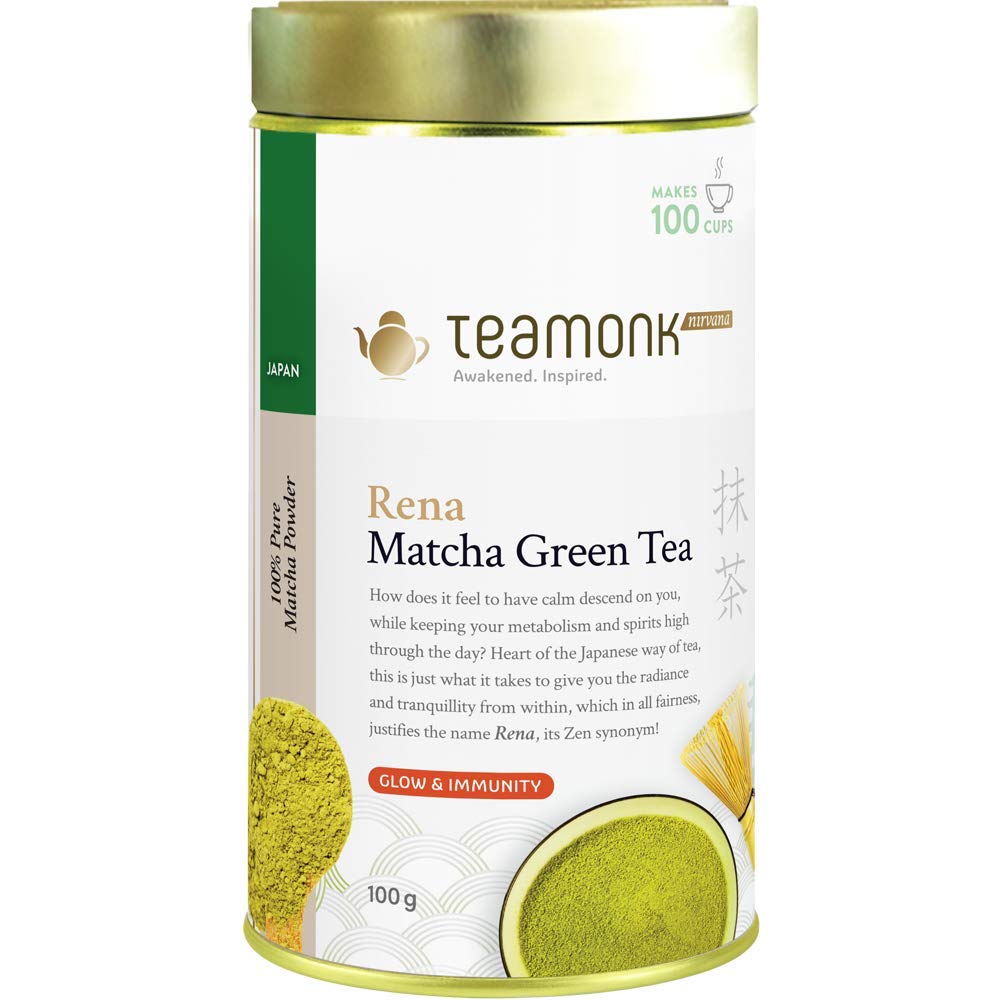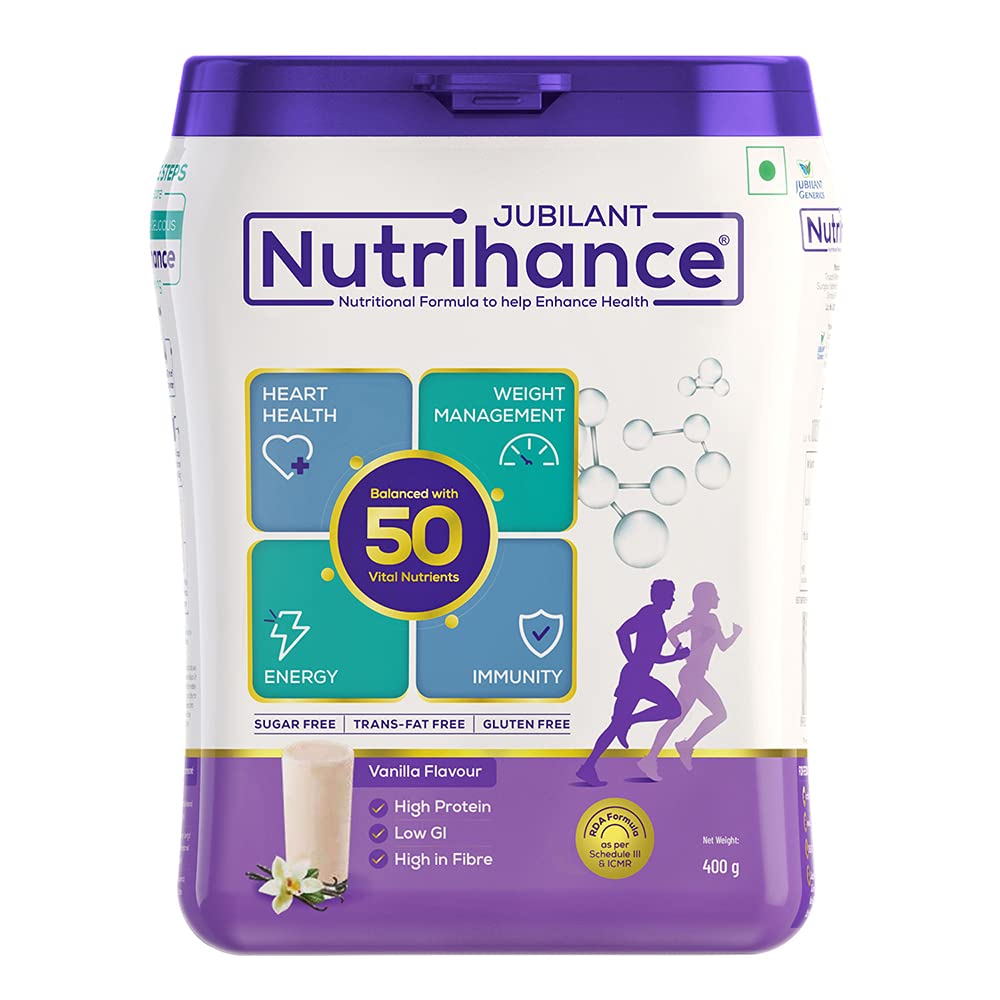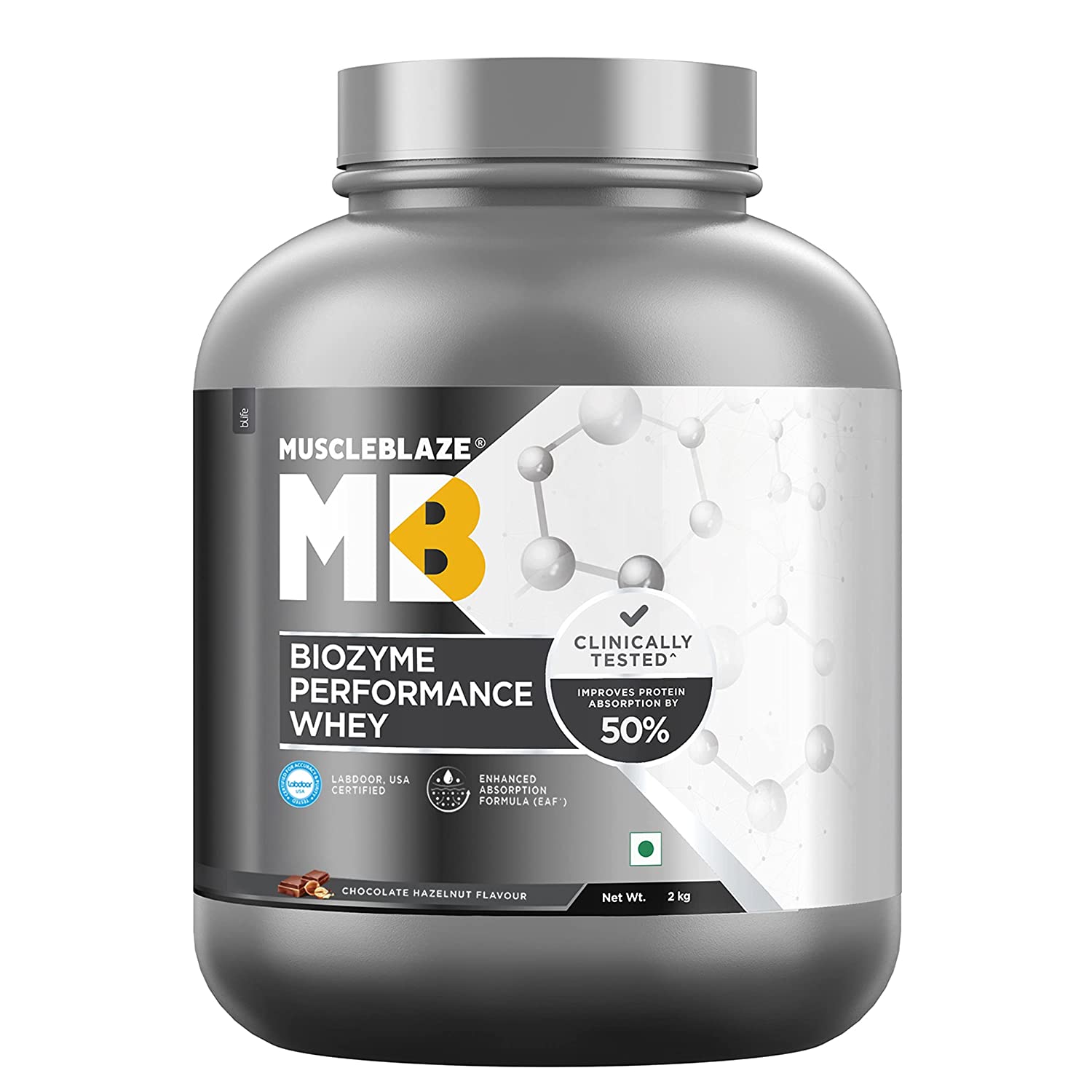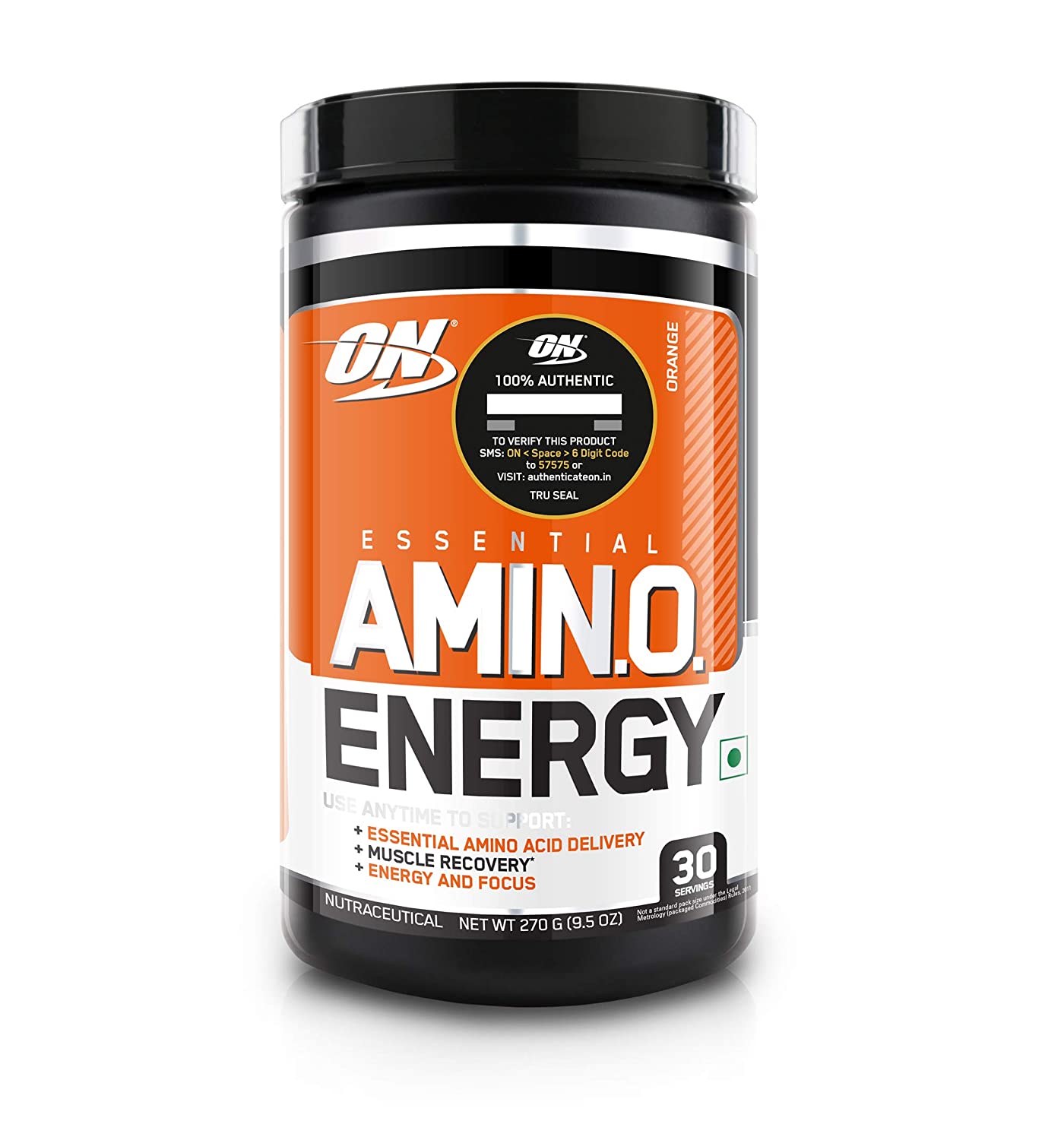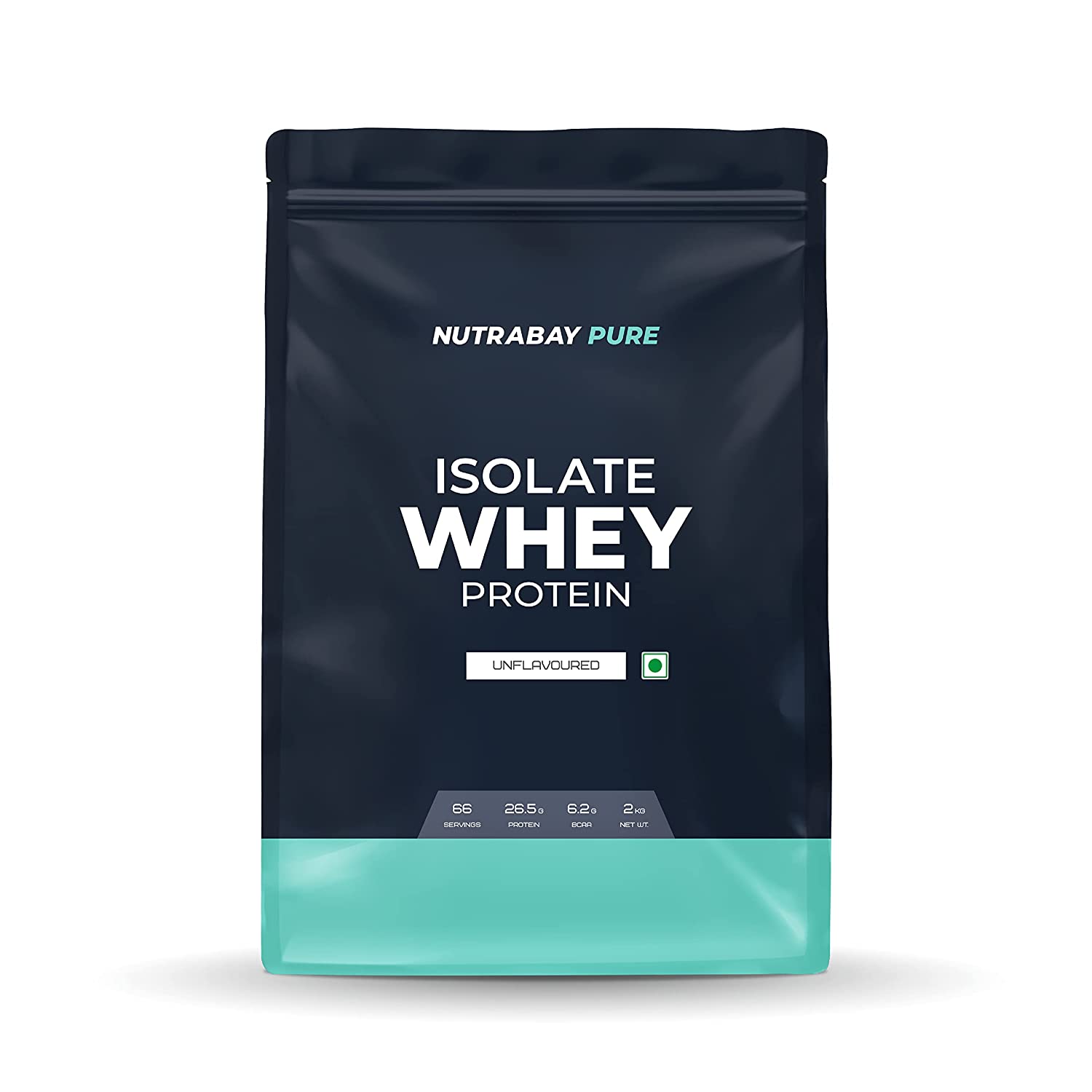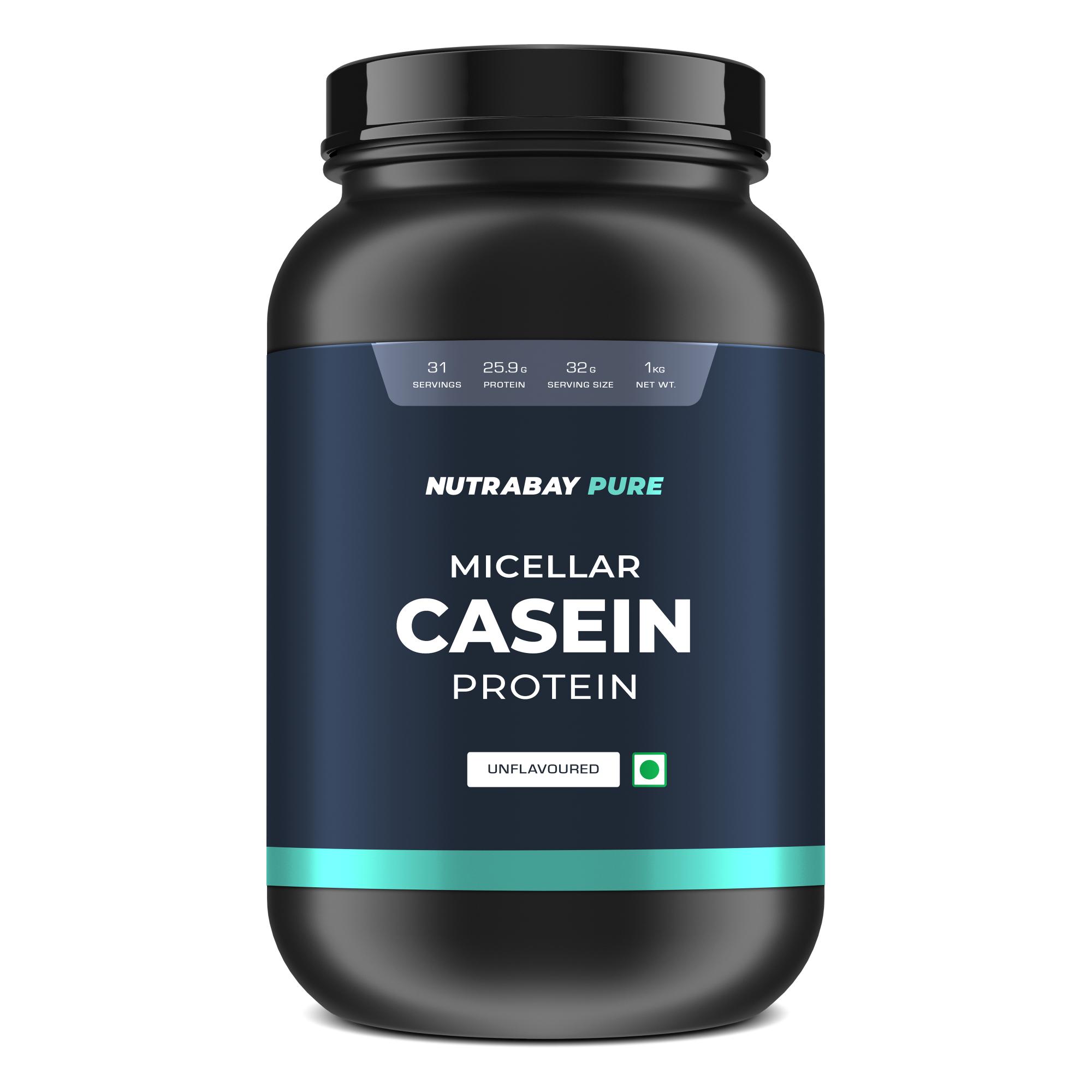Amino Acids
Macronutrient
Last update date: November 07, 2023
Amino acids are molecules that combine to make proteins.
Frequently Asked Questions
1.
What is amino acid formula?
Amino acids are vital organic compounds that play a crucial role in your body's growth and overall functioning. They are composed of nitrogen, carbon, hydrogen, and oxygen. Among the 20 different amino acids your body requires, 9 are considered essential. These essential amino acids, including histidine, isoleucine, leucine, lysine, methionine, phenylalanine, threonine, tryptophan, and valine, are essential because your body cannot produce them on its own. Therefore, it becomes necessary to obtain them through your diet.
2.
Why are amino acids important?
Including amino acids in your diet can have a positive impact on your well-being in various ways. They have been associated with potentially improving your mood and supporting mental health, contributing to a sense of overall positivity. By aiding in muscle repair and growth, they can help optimize your physical capabilities. Additionally, amino acids have been recognized for their potential benefits in wound healing and post-surgical recovery, assisting in the mending of tissues and reducing the time needed for recuperation. By incorporating amino acids into your diet, you may unlock these potential advantages for your overall health and vitality.
3.
What is negative impact of Amino Acids?
While amino acids are generally beneficial, an excessive intake or specific conditions may have negative effects. Gastrointestinal distress, such as bloating, abdominal pain, and diarrhea, can occur due to an imbalance in amino acid intake. Additionally, an increased consumption of certain amino acids can lead to an elevated risk of gout, a type of arthritis caused by the accumulation of uric acid crystals in the joints. It is important to maintain a balanced intake of amino acids to avoid these potential negative impacts.
4.
Who should avoid Amino Acids?
While amino acids are essential for overall health, there are certain individuals who should exercise caution or consult a healthcare professional regarding their intake. Individuals with specific medical conditions, such as liver or kidney diseases, may require careful management of their amino acid consumption. Additionally, people with certain metabolic disorders or allergies to specific amino acids should avoid consuming those particular amino acids or follow dietary restrictions recommended by their healthcare provider.
5.
What food has amino acid?
Amino acids can be obtained from various food sources. Foods that contain all nine essential amino acids are known as complete proteins and are considered excellent sources of amino acids. Animal-based foods such as meat, seafood, poultry, eggs, and dairy products are rich in complete proteins and provide a wide range of amino acids. Plant-based sources such as soy and pea protein also serve as complete protein sources, making them suitable options for individuals following a vegetarian or vegan diet. Incorporating a variety of these protein-rich foods into your diet can help ensure an adequate intake of essential amino acids for your body's optimal functioning and health.


